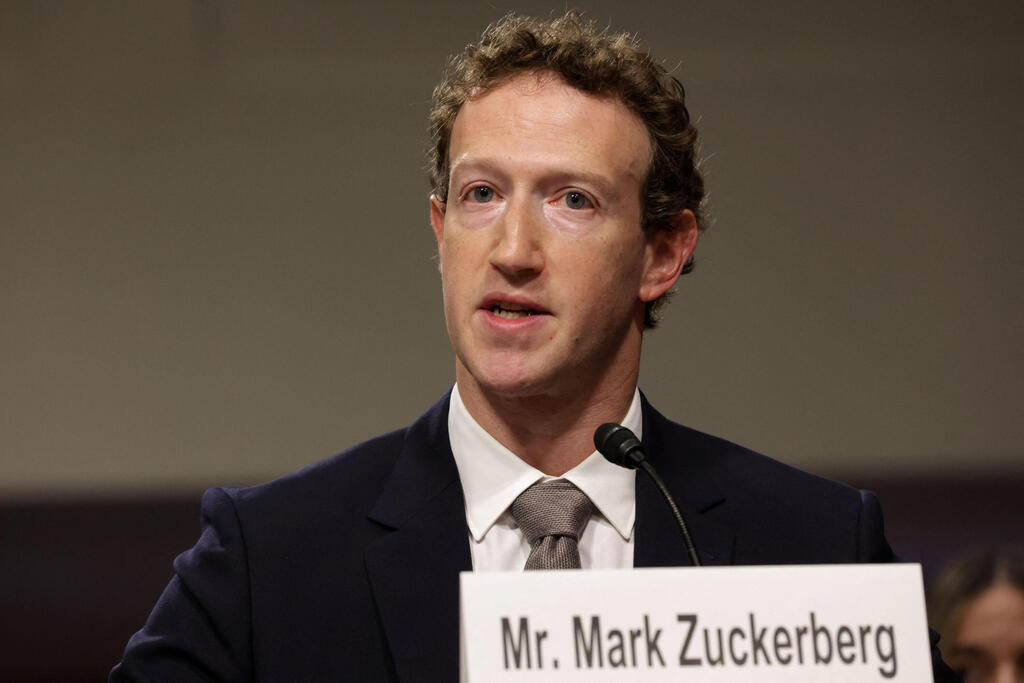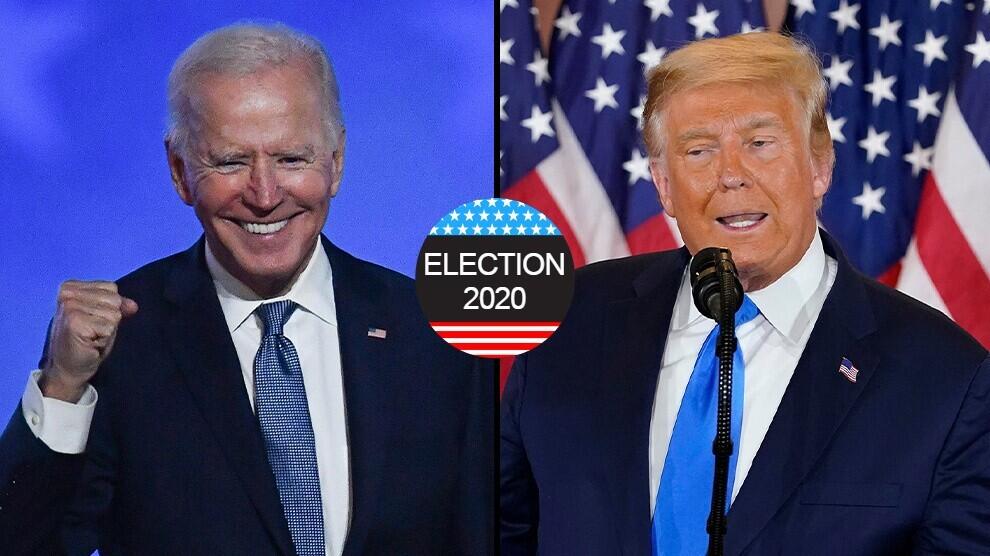"Let's have cat videos, recipes for fried delicacies, and holiday snaps, not partisan politics": this sentiment forms the crux of recent posts on Facebook, Instagram and Threads, Meta's stable of social networks, as of Friday. Meta, the parent company, is keen to avoid further controversies, and Mark Zuckerberg does not wish to be summoned yet again to congressional hearings over allegations of promoting genocide or hindering Democrats in the race for president. As a result, the newly announced policy dictates that political or social content will no longer be amplified in the feeds of users who didn't 'like' the account that shared it.
Read more:
This essentially means that if you're not following a channel that posts political or social content, Meta's social platforms will ensure that you don't see such content in your feed anymore. However, the company in its statement indicates that it still reserves the right to reverse course and also cautions that this doesn't guarantee that political content won't appear in your feed (accidentally or mistakenly, they didn't specify).
"These recommendations updates apply to public accounts and in places where we recommend content such as Explore, Reels, In-Feed Recommendations and Suggested Users – it doesn’t change how we show people content from accounts they choose to follow. If political content – potentially related to things like laws, elections, or social topics – is posted by an account that is not eligible to be recommended, that account’s content can still reach their followers in Feed and Stories," the Meta statement said.
This is a logical move for the company since political or societal content has led to significant issues for Meta's social platforms, including WhatsApp.
The genesis of Meta's issues with political and social content can be traced back to the Arab Spring, which spread across the Arab world in the early 2010s, when Facebook was employed as a tool for mobilizing protests. This trend persisted through the democratic opposition demonstrations in Hong Kong challenging Beijing's authority. Further complications arose with incidents like the live-streaming of a horrific massacre at a mosque in Christchurch, New Zealand, and the exploitation of Facebook by the Burmese regime to incite violence against the Rohingya people.
The infamous Cambridge Analytica scandal also looms large, with the firm purportedly using Facebook to significantly aid in disseminating Donald Trump's agenda and arguably contributing to his election victory. WhatsApp, another Meta platform, found itself implicated in controversies like the dissemination of anti-Muslim propaganda by Prime Minister Narendra Modi's party in India, which incited violent unrest.
Meta's engagement with political and social content has resulted in a litany of challenges, prompting the company to aim for a break from the turmoil that has been more detrimental than beneficial. Nevertheless, this move isn't being met with universal approval. The decision has broad implications for a variety of content creators on Meta's platforms, including social activists, politicians and, certainly, political journalists and bloggers, whose visibility stands to be significantly reduced. Given that this is an election year in the U.S., the decision is even more contentious, as many individuals rely on social media to stay informed, a role that may now be filled by lifestyle or consumer-focused content.
Another driving force behind the policy shift is the considerable cost Meta incurs in overseeing and controlling such content. The company is compelled to implement more advanced content filtering mechanisms and employ human content moderators. This is even before the need to address allegations of censorship or bias from users or politicians. Unlike platforms such as X (previously known as Twitter) or Telegram, Meta doesn't necessarily rely on contentious content to serve ads to its users. Its user base is enormous, with approximately 4 billion users, or a third of the global population, as of 2023. Even if a considerable portion of these are not tied to genuine users, it still outnumbers all other rival social networks combined (for instance, Telegram hosts 'only' around a billion accounts).
Disseminating political content doesn't exactly assist Meta in promoting a summer vacation flight or a brand-new dining set. In fact, it has been more of a source of distress. This is particularly true in Europe, but not exclusively so. The enactment of the European Union's Digital Markets Act probably served as a significant trigger for this transformation. Unlike in the U.S., European countries take the accountability of platforms for distributed content very seriously. In Europe, Meta can't rely on a loophole similar to the one provided by U.S. law that absolves tech behemoths from the consequences of content published on their platforms.
The new policy initiative is also aimed at mitigating the progressively louder calls from figures in the U.S. and Europe for breaking up Meta, citing its considerable sway in the public domain through its platforms. Meta's capacity to effectively broadcast political or biased viewpoints to its vast user base endows it with significant influence, given its command over content distribution and its regulation. Coupled with Meta's foray into artificial intelligence – a domain it has pursued with notable zeal, which has already shown the ease with which AI can generate deceptive content – it's understandable that Meta is keen to avoid the scrutiny of regulators who may demand a divestiture of its assets as a condition for its continued operation.
Lately, Facebook's stream of content has noticeably been purged of materials considered "troublesome." Yet, the state of affairs on Instagram and Threads has taken a turn for the worse, particularly with the conflicts in Gaza and Ukraine acting as a backdrop. Content creators barred from Facebook have flocked to Instagram's burgeoning network, causing a noticeable uptick in political content there in recent times. The strategy Meta will adopt to effectively sift through and manage this influx of content remains vague. It appears more likely that Meta will moderate content at the recommendation level rather than completely eliminating it, given that such content is a magnet for user engagement and lengthy, often unproductive debates besides being used in state-sponsored influence operations.
The principal approach to managing the feed will involve imposing a directive on content creators to oversee their own materials. Should they neglect this responsibility, Meta will cease to amplify their content in any form. This presents a significant lever of pressure, particularly for those who rely on the reach of their content for their livelihood. The company is directing creators to use the 'Account Status' feature to identify any content that could be flagged as problematic. Persistent offenders, who continue to broadcast contentious content, face the prospect of being barred from any promotional privileges, even if they have paid for such services, and may be compelled to take a hiatus from posting such content. The company acknowledges that rolling out these changes effectively will take time and commits to ultimately "getting it right."




